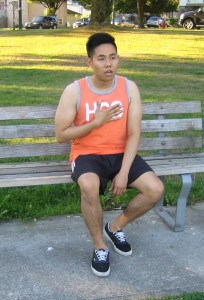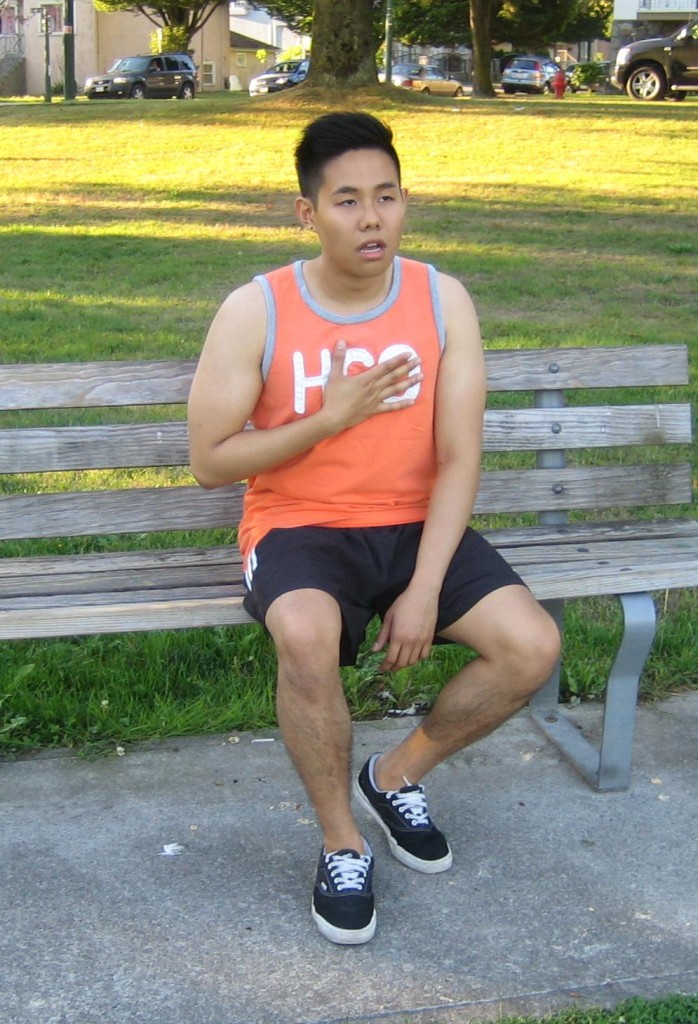The intercostal muscle is prone to injuries especially among physically active individuals. In most cases of an intercostal muscle strain, the doctor will prescribe the same treatment used for a rib fracture.
Even though excessive twisting of the trunk typically results to an intercostal muscle strain, it might be unusual for the individual to damage his/her ribs with a twisting movement.
Close look on the intercostal muscles

The intercostal muscle is located amidst the ribs. The muscles enlarge and contract to allow the ribs to move, providing the lungs enough space to breathe in and out. The muscle has 3 layers:
- External – positioned beneath the ribs which is called the intercostal space
- Internal – lies above the ribs
- Innermost – found deep within the chest cavity
The therapy is aimed on restoring respiratory function without any discomfort that is diminished due to strain on these muscle groups.
Injuries
Any sport that places force on the torso or necessitates moving the abdomen significantly increases the risk for a strained intercostal muscle. The usual sports include swimming, tennis, gymnastics and basketball but this injury might arise during any sport, physical activity or from an accident such as falls on the ice.
A strong, jerking motion can also result to a strained intercostal muscle. It is important to note that strained muscles could not stretch properly and pain can be felt if the damaged muscles are moved during inhalation.
Management
If an individual sustains an intercostal muscle strain, the doctor will suggest taking a break from activity and apply an ice pack on the affected area.
The treatment might include lying on the affected side and taking in deep breaths. Pain medications or non-steroidal anti-inflammatory drugs (NSAIDs) can be taken to lessen the discomfort. It might take 2-3 weeks to relieve the symptoms from a moderate strain completely, but the healing rate tends to vary depending on the seriousness of the injury. As for severe strains, it might take up to 6 weeks to recuperate.
More Information / Disclaimer
The information posted on this page on intercostal muscle injuries is for learning purposes only. Learn to recognize and manage the injuries by taking a standard first aid course with Red Deer First Aid.

